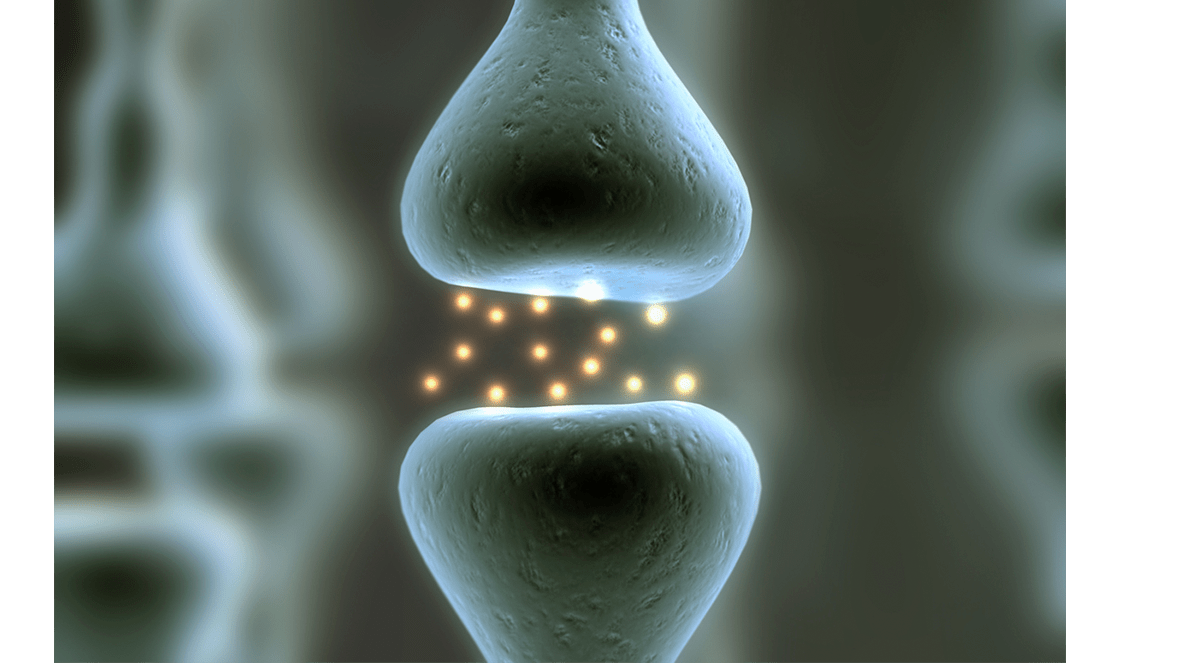The symptoms of fibromyalgia are varied, including general muscle pain and pain at specific points (also called tender points), excessive fatigue, anxiety, depression, and some psychological problems that can have a negative impact on quality of life. Physical activity is a widely used option by health professionals to alleviate the effects of this syndrome. However, there is no clear information on the possible mediating role of physical activity in the relationship between fibromyalgia-related fatigue and quality of life. Therefore, this study aims to evaluate the relationship between fibromyalgia-related fatigue and quality of life, and to investigate the mediating role of physical activity in patients with this syndrome.
In a cross-sectional study, 237 Portuguese women aged 28 to 75 years (M = 49.12; SD ± 8.87) and 117 Brazilian women aged 20 to 69 years (M = 46.72; SD ± 8.38) were recruited to participate in this study. These patients completed three valid and reliable questionnaires related to the assessment of fibromyalgia-related fatigue (MDF-Fibro-17), physical activity (IPAQ), and quality of life (SF-36).
Both samples had scores above the midpoint for all dimensions of fibromyalgia-related fatigue and scores below the midpoint for quality of life. Physical activity had no mediating effect in either sample, as the total indirect effect was not significant.
Physical activity does not mediate the relationship between fatigue and quality of life. However, the results also show that the fatigue dimensions associated with fibromyalgia had a negative and significant association with physical and mental health indicators in both samples. Thus, patients with FM with higher scores on fatigue-related symptoms might suffer more from physical and mental health, both of which are related to quality of life.
Exploring the Relationship between Fibromyalgia-Related Fatigue, Physical Activity, and Quality of Life.


